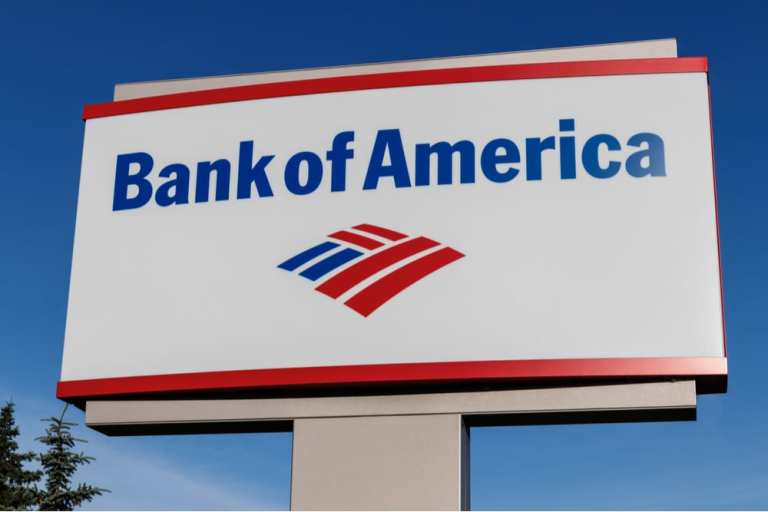BoA Adds $4B To Reserves Even As COVID Boosts Mobile, Digital Users

Bank of America reported Thursday (July 16) that that the number of customers using the firm’s mobile and digital platforms grew during the second quarter even as the pandemic raged. However, the bank nonetheless built up an extra $4 billion in reserves during the period to cover any future credit losses.
BofA said its provision for credit losses hit $5.1 billion during the quarter, up from just $1.1 billion previously. The firm attributed the increased reserves to “weaker economic outlook related to COVID-19.”
The bank boosted reserves even as the firm’s active mobile banking users rose 9 percent to 30.3 million during the quarter. Active digital-banking users likewise grew 5 percent to 39.3 million.
BofA added that digital sales accounted for 47 percent of all consumer banking sales for the quarter, while consumers using the Zelle payments network (which BofA partly owns) sent and received 117 million transfers worth $32 billion overall. Bank of America also reported that sales and trading revenue rose 35 percent to $4.4 billion excluding net debit-valuation adjustments.
Additionally, BofA said the number of mobile active users its on its CashPro online business banking platform rose 50 percent, while logins jumped 77 percent on a rolling 12-month year-over-year basis. However, the total number of CashPro users was flat at what BofA called “approximately 500,000” during the quarter vs. 497,000 a year earlier.
And on the downside, Bank of America said combined credit/debit card spend fell some 10 percent when compared to a year ago. Total credit and debit spend likewise dropped nearly 12 percent to $143.3 billion for U.S. consumer cards, down from $161.5 billion in 2019’s second period. Average outstanding balances also fell to $86.2 billion for U.S. consumer cards vs. $93.6 billion a year earlier.
Still, Bank of America reported 37 cents in diluted earnings per share overall for the quarter on revenue net of interest expense of $22.3 billion. That beat analysts’ estimates of 27 cents per share in EPS and $22.01 billion in revenue. However, the company acknowledged that its buildup of reserves dampened overall earnings.
“Strong capital-markets results provided an important counterbalance to the COVID-19-related impacts on our consumer business, and our industry-leading digital capabilities allowed us to support clients amid difficult working conditions,” Chairman and CEO Brian Moynihan said in releasing the results. “In the most tumultuous period since the Great Depression, we delivered for our clients, our employees, our communities and our shareholders.”